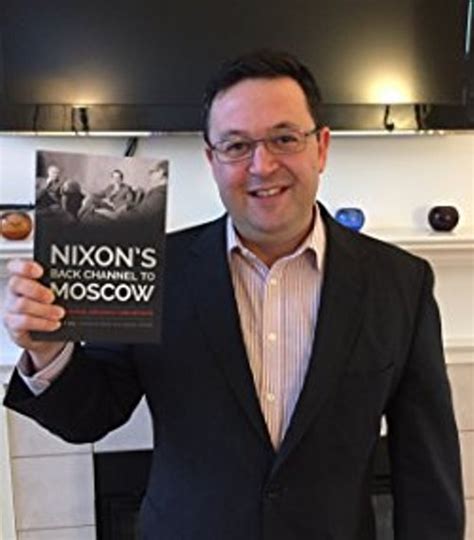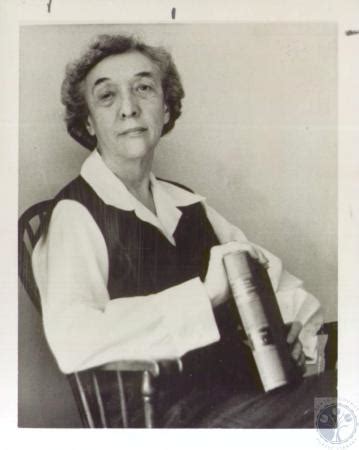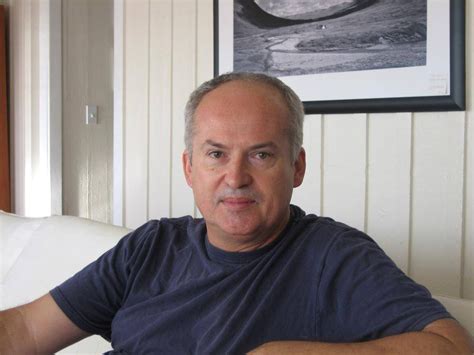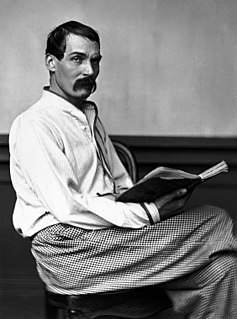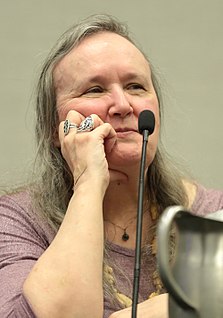Top 319 Histories Quotes & Sayings - Page 6
Explore popular Histories quotes.
Last updated on April 19, 2025.
I started going out with one of my managers and he really grew me up in a lot of ways. He introduced me not just to being a full-time traveler, which I was, but he was also really very interested in history and art and continued to open my eyes up to regional history; less splashy histories. He was interested in historical societies and stuff like that. He introduced me to a way of looking at the way communities form that is the foundation for the book that I've just finished writing that has to do with what I see as effective community-building wherever I've been traveling.
Your closest relationships are often the ones that have the most effect on you, but they are frequently the ones most difficult to change. These relationships are complex and have long histories. Lifetime habits of avoiding being really present with each other may exist in many of them. Family members, for instance, might want to support you, but will not necessarily know how to genuinely listen or be present with you in a way that is enlivening. . . . Even with the best intentions, it can be very difficult to get beyond the past and into the Now.
William Shakespeare was the most remarkable storyteller that the world has ever known. Homer told of adventure and men at war, Sophocles and Tolstoy told of tragedies and of people in trouble. Terence and Mark Twain told cosmic stories, Dickens told melodramatic ones, Plutarch told histories and Hans Christian Andersen told fairy tales. But Shakespeare told every kind of story – comedy, tragedy, history, melodrama, adventure, love stories and fairy tales – and each of them so well that they have become immortal. In all the world of storytelling he has become the greatest name.
Incidentally, I am intrigued by how many European and Latin American writers expressed their political views in the columns they routinely wrote or write in the popular press, like Saramago, Vargas Llosa, and Eco. This strikes me as one way of avoiding opinionated fiction, and allowing your imagination a broader latitude. Similarly, fiction writers from places like India and Pakistan are commonly expected to provide primers to their country's histories and present-day conflicts. But we haven't had that tradition in Anglo-America.
To get a person's real opinion, ask what she thinks everyone else believes... If people truly hold a particular belief, they are more likely to think that others agree or have had similar experiences. [People] tend to assume that other people have had life histories at least somewhat similar to their own. When we talk about other people, we are often talking about ourselves, whether we know it ourselves.
We, unaccustomed to courage exiles from delight live coiled in shells of loneliness until love leaves its high holy temple and comes into our sight to liberate us into life. Love arrives and in its train come ecstasies old memories of pleasure ancient histories of pain. Yet if we are bold, love strikes away the chains of fear from our souls. We are weaned from our timidity In the flush of love's light we dare be brave And suddenly we see that love costs all we are and will ever be. Yet it is only love which sets us free.
Evolving life must experience a vast range of possibilities, based on environmental histories so unpredictable that no realized route - the pathway to consciousness in the form of Homo sapiens or Little Green Men, for example - can be construed as a highway to heaven, but must be viewed as a tortuous track rutted with uncountable obstacles and festooned with innumerable alternative branches. Any reasonably precise repetition of our earthly route on another planet therefore becomes wildly improbable even in a trillion cases.
I was thinking about framing, and how so much of what we think about our lives and our personal histories revolves around how we frame it. The lens we see it through, or the way we tell our own stories. We mythologize ourselves. So I was thinking about Persephone's story, and how different it would be if you told it only from the perspective of Hades. Same story, but it would probably be unrecognizable. Demeter's would be about loss and devastation. Hades's would be about love.
In Globetrotter, David Albahari explores the consciousness of emigres from the former Yugoslavia, Croatia and Serbia, showing that while abroad, many of us are even more intensely preoccupied with our histories than we were while living in Yugoslavia. His narrative structured out of realistic details and perceptions with self-conscious meditation blending history, civilization and its discontents, and personal experience reaches a density and intensity akin to Krasznahorkai's and Thomas Bernhard's. An intensely idiosyncratic narrative, enjoyable and thoughtful.
I wrote lots of scripts that never got made and they were terrible. I thought they were good at the time. You can't write two scripts and expect your career to take off. Keep writing. Be you. Be original. A lot of people go for a genre, which is fine if you can do that really well, but we all have such layered histories. We all come from a unique background. Write about your past, write about you. Or make stuff up, but make it about something that really matters.
It is immature and lazy to imagine we know everything there is to know about someone before we know that someone. We don't know their stories, their histories, their real live human feelings. We don't know their favorite movies and best memories and what makes them afraid. It is unfair to take one fact, one thing they've said or we heard they said, or one thing they wrote, or someone else's experience, or a group they identify with and make a character sketch. If people did that to us, the picture would be so woefully incomplete, we wouldn't even recognize our own description.
Our world is not an optimal place, fine tuned by omnipotent forces of selection. It is a quirky mass of imperfections, working well enough (often admirably); a jury-rigged set of adaptations built of curious parts made available by past histories in different contexts. A world optimally adapted to current environments is a world without history, and a world without history might have been created as we find it. History matters; it confounds perfection and proves that current life transformed its own past.
[Shahrazad] had perused the books, annals and legends of preceding Kings, and the stories, examples and instances of by gone men and things; indeed it was said that she had collected a thousand books of histories relating to antique races and departed rulers. She had perused the works of the poets and knew them by heart; she had studied philosophy and the sciences, arts and accomplishments; and she was pleasant and polite, wise and witty, well read and well bred.
The difference between prose logic and poetic thought is simple. The logician uses words as a builder uses bricks, for the unemotional deadness of his academic prose; and is always coining newer, deader words with a natural preference for Greek formations. The poet avoids the entire vocabulary of logic unless for satiric purposes, and treats words as living creatures with a preference for those with long emotional histories dating from mediaeval times. Poetry at its purest is, indeed, a defiance of logic.
Paul's One Way Out is a fresh, intelligently arranged, and satisfyingly complete telling of the lengthy (and unlikely) history of the group that almost singlehandedly brought rock up to a level of jazz-like sophistication and virtuosity, introducing it as a medium worthy of the soloist's art. Oral histories can be tricky things: either penetrating, delivering information and backstories that get to the heart of how timeless music was made. Or too often, they lie flat on the page, a random retelling of repeated facts and reheated yarns. I'm happy to say that Paul's is in that first category.
Friendship is one of the greatest gifts a human being can receive. It is a bond beyond common goals, common interests, or common histories. It is a bond stronger than sexual union can create, deeper than a shared fate can solidify, and even more intimate than the bonds of marriage or community. Friendship is being with the other in joy and sorrow, even when we cannot increase the joy or decrease the sorrow. It is a unity of souls that gives nobility and sincerity to love. Friendship makes all of life shine brightly.
There ought not be two histories, one of political and moral action and one of political and moral theorizing, because there were not two pasts, one populated only by actions, the other only by theories. Every action is the bearer and expression of more or less theory-laden beliefs and concepts; every piece of theorizing and every expression of belief is a politcal and moral action.
That I had never heard of such a bird did not surprise me.... But others more experienced also did not know of the Carolina Parakeet. The more I spoke of the bird, the more it seemed that, somehow, its existence had been a chimera. Admittedly, my survey was small and unscientific, but intelligent people who could reel off the names of various dinosaurs and identify sparrows at epic distances could not name the forgotten parakeet. I realized, forcefully, what I suppose I knew abstractly: Histories, like species, can go extinct.
Mister Cameron - I have read the unexpurgated Ovid, the love poems of Sappho, the Decameron in the original, and a great many texts in Greek and Latin histories that were not though fit for proper gentlemen to read, much less proper ladies. I know in precise detail what Caligula did to, and with, his sisters, and I can quote it to you in Latin or in my own translation if you wish. I am interested in historical truth, and truth in history is often unpleasant and distasteful to those of fine sensibility. I frankly doubt that you will produce anything to shock me.

